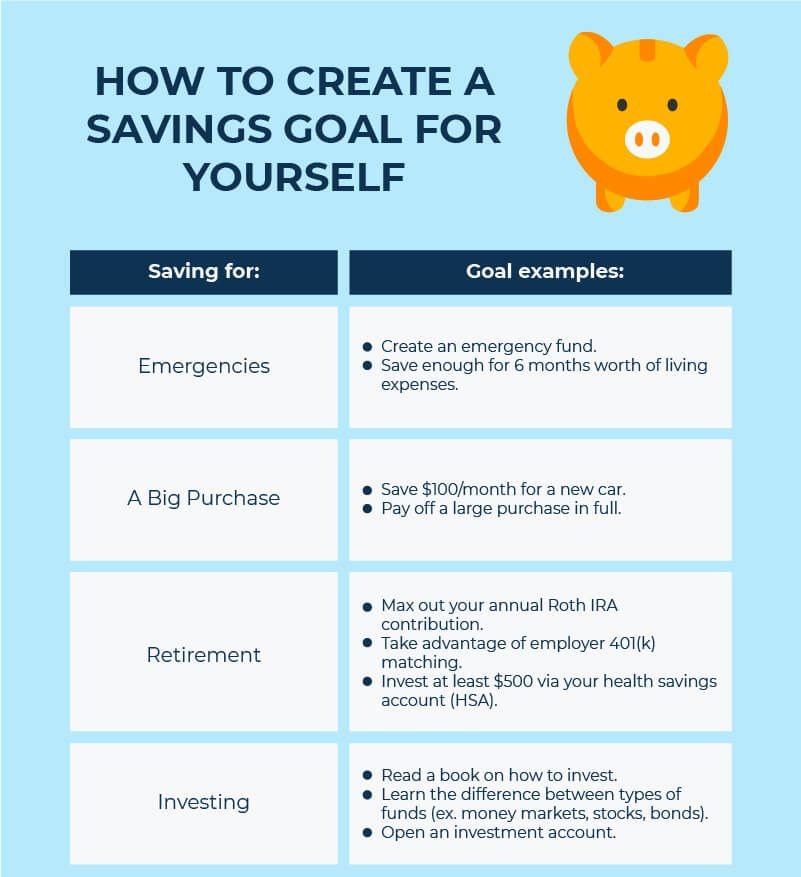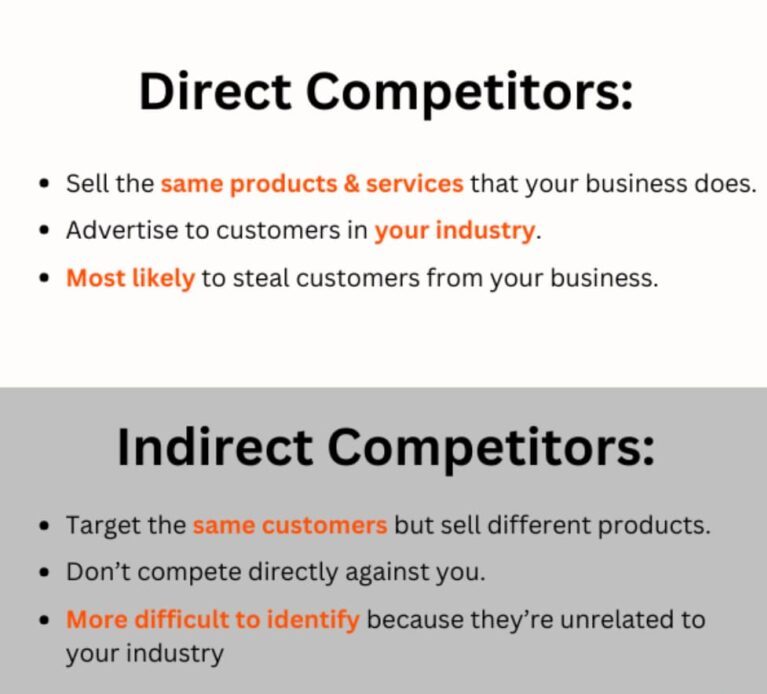Want to be your own Boss? That is incredible! You get to work on your own schedule, select the tasks you love, and call the shots. But come on — being self-employed is not all about independence. It also involves coping with stress, financial fluctuations, and working incredibly hard, at least in the early days.
Before you leave your job or jump into freelancing, let us discuss four big questions you must answer for yourself. These will guide you on whether you are indeed ready to be self-employed.
1. Can You Afford Your Life Without a Regular Paycheck?
When you have a normal job, you receive a monthly paycheck. That is how you pay for rent, groceries, bills, and things to have fun with. But when you work for yourself, that regular paycheck disappears.
Therefore, are you still able to live your accustomed way if your earnings are different every month?
Here is What You Can Do:
Figure Out Your Bare Minimum
Think about how much money you really need each month to live. This includes rent, food, bills, and any loans. Forget extras like vacations or online shopping for now. This is your survival budget.
Build an Emergency Fund
Before you quit your job, try to save at least 3 to 6 months’ worth of living expenses. That way, if things are slow at the start or you do not get clients right away, you would not be in panic mode.
Track Your Spending
Look at where your money goes right now. You can use a spreadsheet or a budgeting app. Once you see your spending habits, you will know what you can cut back on if you need to.
Start with a Side Hustle
If you can, try doing freelance work while keeping your current job. This helps you test the waters. You will learn how to work with clients, earn a little extra money, and build confidence before going full-time.
Understand That Income Will Go Up and Down
One month, you might earn a lot. The next, almost nothing. That is normal when you are self-employed. Learn to save extra money during the good months so you are ready for the quiet ones.
Do not forget Hidden Costs.
As your own boss, you will now have to pay for things your job used to cover — like health insurance, retirement savings, work software, internet, and maybe even taxes. Add these to your monthly budget.
2. Do You Know Who Your Clients and Competitors Are?
Running your own business means selling something — a service or a product. So, who are you selling to? And who else is selling something similar?
First, let us Talk About Clients:
Who Needs What You Offer?
Think about your perfect client. Are they a small business, a big company, or maybe someone launching a new brand? What problems do they have that you can solve?
For example, if you are a web designer, are you helping new businesses build their websites? Or are you redesigning sites for bigger brands?
Where Can You Find Them?
Once you know who your client is, find out where they hang out. Are they on LinkedIn? Do they attend local business events? Are they on job boards or freelance websites? That is where you need to show up.
Build Relationships Early
Do not wait until you have quit your job to find clients. Start small while you are still employed. Offer your services on the side. That way, you will already have a few clients when you go full-time.
Have a Marketing Plan
How will people know you exist? Will you use social media, a website, or just tell people in your network? Maybe you will try cold emailing or posting your work online. Have a simple plan to bring in new clients regularly.
Now, let us Talk About Competitors:
Know Who Else Is Out There
Other freelancers or businesses might offer the same thing you do. That’s okay. Look at both big and small competitors in your area or online.
Study What They Do Well — And Not So Well
Maybe your competitors are fast, but do not have a personal touch. Or maybe they have great designs but take forever to deliver. Look for ways to stand out and offer something they do not.
Find Your Unique Edge (Your USP)
Your Unique Selling Proposition (USP) is what makes you different. Maybe you are super fast, or you specialize in one thing, or you have an amazing design style. Whatever it is, make sure people know about it.
Be Careful If Your Old Job Becomes a Competitor
If you are going into the same field as your current job, be careful. Some companies have non-compete rules, which means you can not take their clients or use their materials. Always stay professional.
3. Are You Okay with Taking Risks?
Being your own boss means taking big risks. You would not always know when your next paycheck is coming. Projects might fall through. Clients might say no. That is part of the journey.
But do not worry — if you are prepared, you can handle it.
Here is How to Get Mentally Ready:
Learn to Handle Uncertainty
There will be slow months. Some clients will disappear. But you will also get surprise projects or new ideas. Get comfortable with change. It is part of the job.
Learn From Mistakes
Did something go wrong? That is okay. Maybe a client was not happy, or your first ad did not work. Every mistake teaches you something. Keep improving.
Stay Motivated on Tough Days
No boss means no one is telling you to work. That is great, but it also means you need to push yourself. Set small goals. Celebrate wins. Remind yourself why you started.
Build a Support Team
Surround yourself with friends, mentors, or other freelancers. They will cheer you on, give advice, and help when you are stuck.
Solve Problems Like a Pro
You will wear many hats — from customer service to accounting. Things will go wrong sometimes. Instead of panicking, focus on solving one problem at a time.
Be Smart with Money
When you make good money, do not spend it all. Save for taxes, business tools, and slow months. Think like a business owner, not just a worker.
4. Can You Manage Your Work-Life Balance?
No one is going to check if you show up to work. You need to make your own schedule and stick to it. That means no procrastinating!
Work-Life Balance Might Be Hard at First
Yes, you will have flexibility, but you might also work more hours at the start. You are building your business, and that takes time. Do not worry, the balance gets better later.
Networking Matters
The more people who know about your work, the better. Go to events, talk to people online, and always let others know what you do. A lot of work comes from referrals.
Keep Learning
Your industry will keep changing. New tools, new trends, new clients. Stay sharp by taking courses, reading, or practicing new skills.
Do not forget the Legal Stuff.
You may have to register your business, write agreements, or pay taxes. It seems intimidating, but there are a lot of free sources on the Internet that can help you.
Conclusion
It takes a lot of guts to be your own boss. It is not always easy, but it can be one of the best things you will ever do. If you take the time to plan, save, and prepare yourself for what you will be up against, you will be ready for the good times and the bad.
Keep in mind that self-employment is a journey, not a detour. But if you are honest with yourself, ask the right questions, and prepare for the ride, you are already on your way to success.

